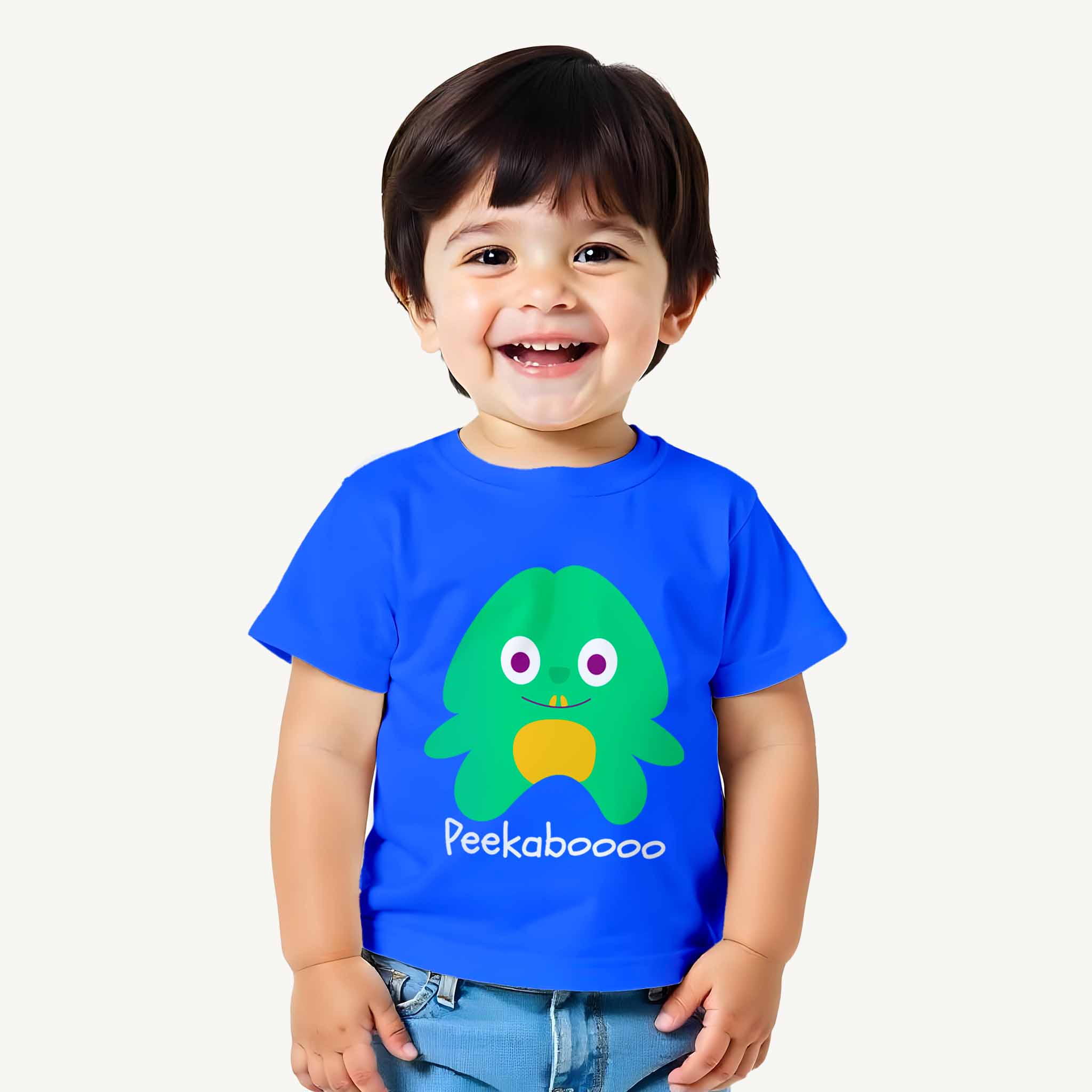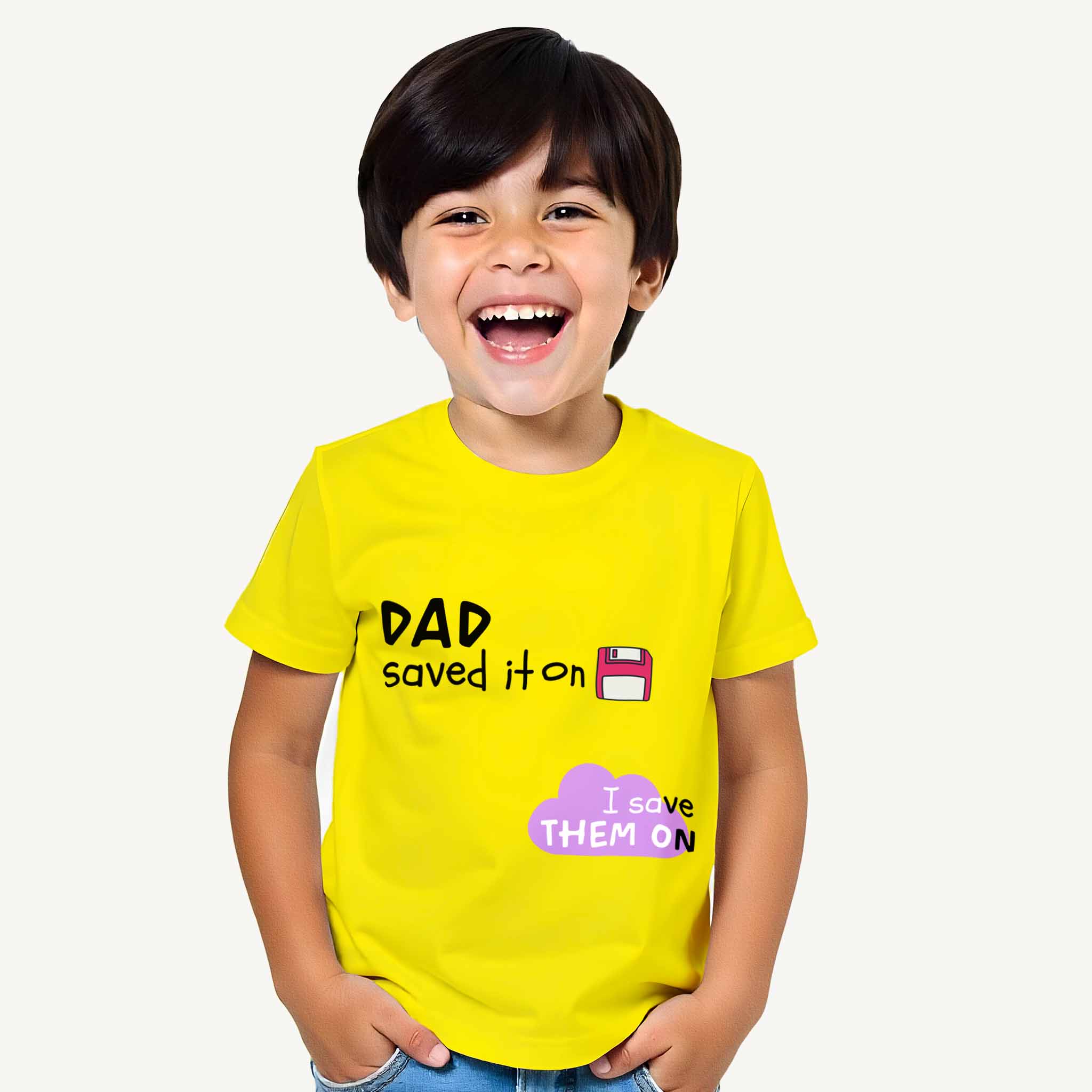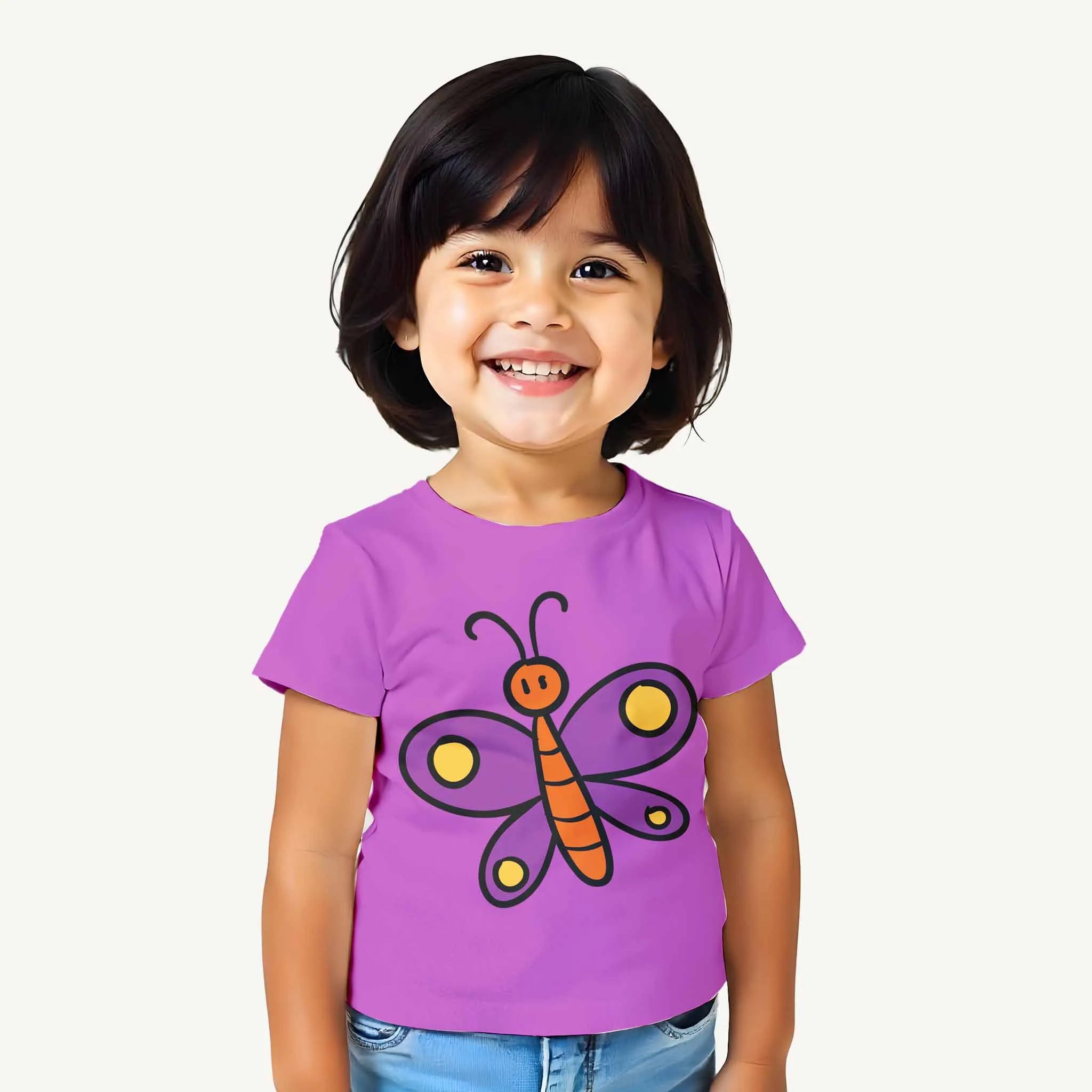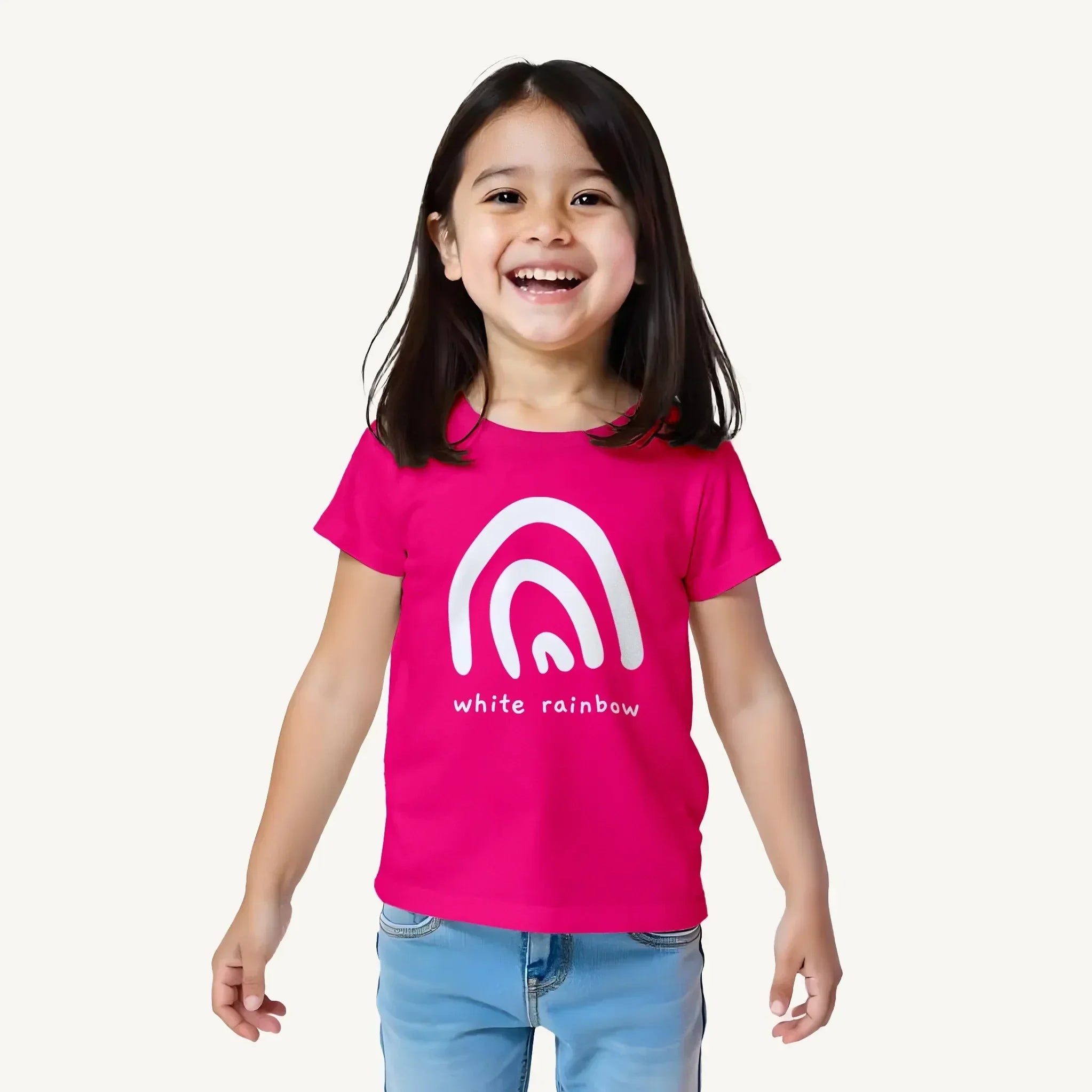From a Parent to a Parent
Hi there, fellow parent!
Have you ever noticed how kids can sometimes take things for granted? Whether it's toys, tasty food, or even the love and care they receive, they don't always realize how blessed they are. Don't worry - it's natural. Gratitude is not something children are born with; it's something we, as parents, can nurture every day.
And trust me, raising grateful kids is one of the biggest gifts you can give them. Gratitude makes children kinder, more empathetic, and even happier in the long run. As one old saying goes, "Gratitude turns what we have into enough."
So let's dive into 5 simple and practical ways you can encourage gratitude in your child - without long lectures, just small daily habits.
1. Lead by Example - Gratitude Begins with You
Kids are little mirrors - they copy what they see. If they see you appreciating small things, they'll naturally pick it up.
-
Say "thank you" to your child when they do something nice.
-
Appreciate little things at home - like when your partner cooks a meal or when someone holds the door open.
-
Keep a positive tone: instead of "Uff, traffic again," try, "I'm glad we have our car to travel."
👉 Your child will see gratitude in action and learn that it's not about big gifts, but about appreciating everyday blessings.
2. Make Gratitude a Daily Habit
Ever tried a gratitude jar? It's fun and super effective.
-
Place a jar in your living room.
-
Ask your child to drop in one note daily about something they're thankful for - like "Mom helped me with homework" or "I played cricket with friends."
-
At the end of the month, read them together as a family.
This simple habit makes gratitude visible, tangible, and joyful.
3. Teach Through Stories
Children understand lessons better through stories. Remember the story of "The Boy Who Cried Wolf"? It teaches honesty, right? Similarly, gratitude can be taught through stories.
-
Share tales of kids who appreciate what they have and end up happier.
-
Talk about grandparents who grew up with fewer toys but valued what they had.
-
Use bedtime stories to weave in gratitude messages.
👉 Storytelling creates emotional connections that lectures never can.
4. Encourage Thank-You Notes and Gestures
Teaching kids to express gratitude doesn’t have to be formal.
-
Encourage them to make a handmade card for a teacher.
-
Help them send a small thank-you message to relatives after receiving gifts.
-
Even a hug or a smile can be a thank-you gesture.
These little acts build manners, humility, and respect in children.
5. Highlight Efforts, Not Just Outcomes
This one is very important. Children should learn that effort matters too.
-
When someone cooks a meal, highlight the love and effort put into it, not just how tasty it is.
-
When your child plays a game, thank them for trying, not only for winning.
-
This helps them value hard work, kindness, and people - not just results.
👉 As parents, reminding kids of the "behind-the-scenes efforts" helps them appreciate life more deeply.
Popular Saying to Remember
"A grateful heart is a magnet for miracles."
When kids learn gratitude early, they carry positivity into their teenage years and adulthood.
FAQs Parents Often Ask About Gratitude in Kids
Q1: At what age should I start teaching gratitude to my child?
You can start as early as 2-3 years old by modeling simple "thank yous" and showing appreciation. By age 5, kids can grasp the deeper meaning.
Q2: My child often demands more toys and gadgets. How can I make them more grateful?
Balance their wants with stories, gratitude activities, and setting limits. Teach them to value experiences and relationships over material things.
Q3: How do I handle my child not saying "thank you" even after reminders?
Patience is key. Keep modeling gratitude yourself, and slowly, they will absorb it. Don't scold; instead, gently remind them.
Q4: Can gratitude really affect a child's behavior?
Yes! Research shows grateful kids are less likely to be aggressive, more empathetic, and happier overall.
Q5: What's a simple activity I can do today to teach gratitude?
Try the "one good thing before bed" routine. Ask your child to share one thing they are thankful for each night.
Final Thoughts
Raising a grateful child doesn't mean they'll never complain or ask for more. It simply means they'll learn to pause, reflect, and value the blessings around them.
At Guugly Wuugly, we believe parenting is not just about providing clothes or toys - it's about raising mindful, happy kids who grow into responsible adults. 💖
So, next time your child says "thank you" without being reminded, know that you're sowing seeds for a brighter, kinder future.
With love,
From a Parent to a Parent,
Team Guugly Wuugly
Note: Certain images in this blog have been created with the help of AI to visually support the content.







